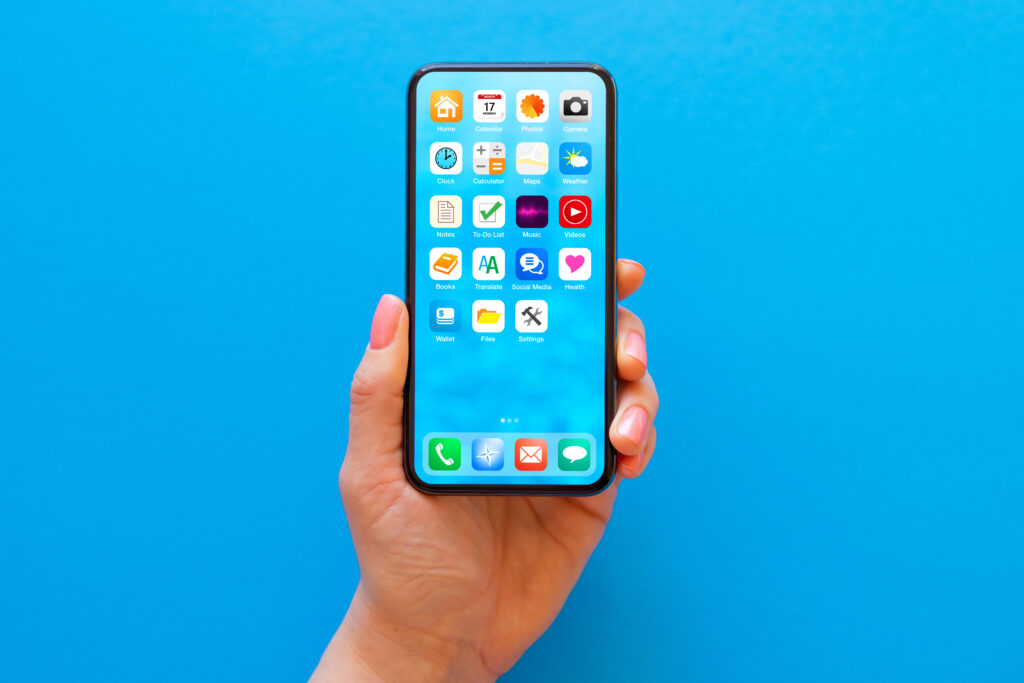Apple is standing firm in support of its diversity and inclusion programs, despite mounting pressure from political groups and shareholders calling for a reduction in such initiatives. On Tuesday, shareholders will vote on a proposal that could potentially end the company’s workforce diversity efforts. The proposal, strongly opposed by Apple, has sparked debate about the role of diversity initiatives in the corporate world.
Proposal to End Diversity Programs
The proposal, put forward by the National Center for Public Policy Research, a conservative think tank, seeks to eliminate Apple’s diversity, equity, and inclusion (DEI) programs. This proposal is part of a broader movement that has seen several companies face similar pressure to scale back DEI efforts in light of political scrutiny and recent legal challenges.
The think tank’s proposal follows a similar motion at Costco, which shareholders overwhelmingly rejected. Given this history, many observers expect Apple to do the same. However, the proposal has stirred significant debate within the business community, with both supporters and critics of DEI programs weighing in.
Apple’s Response to the Proposal
Apple has made it clear that it strongly opposes the proposal, arguing that its diversity and inclusion programs are integral to the company’s success. The tech giant insists that such initiatives help strengthen its workforce and overall business performance. In its view, fostering a diverse and inclusive workplace is not only the right thing to do ethically but also a smart business decision that enhances innovation, creativity, and productivity.
However, critics of the company’s approach argue that these diversity efforts could expose Apple to legal risks. They claim that, under recent legal rulings, diversity initiatives may violate anti-discrimination laws or could lead to lawsuits from employees who feel that such programs unfairly favor certain groups over others.
The National Center for Public Policy Research, which introduced the proposal, estimates that as many as 50,000 Apple employees could potentially file lawsuits against the company. However, the group did not provide clear evidence to support this claim, leaving many to question the validity of such a prediction.
Legal Challenges to Diversity Programs
The pressure on Apple and other companies to reconsider their diversity programs comes amid a growing wave of legal challenges to DEI initiatives. Recently, Florida’s Attorney General filed a lawsuit against Target, accusing the retailer of engaging in harmful DEI practices that undermined consumer trust and negatively affected shareholder value. The lawsuit underscores the rising concern among some political groups that such programs may not be in the best interest of businesses and their stakeholders.
In response to these legal challenges, Apple has reiterated its commitment to ethical business practices. The company believes that its efforts to promote diversity and inclusion have been instrumental in its success, contributing to its remarkable $3.7 trillion market valuation. Apple has pointed to its 2022 diversity report, which highlights its efforts to improve representation of minority groups in the workforce.
However, the report also reveals that Apple’s workforce remains predominantly white and Asian, with men making up nearly two-thirds of its employees. While the company has made progress in diversifying its workforce, some critics argue that it still has a long way to go in achieving true diversity and inclusion at all levels.
The Debate Over Diversity Programs
The debate surrounding diversity and inclusion programs is not limited to Apple. Many other companies are grappling with similar questions about the role of DEI initiatives in their operations. Some argue that such programs are essential for creating an equitable and inclusive workplace where all employees, regardless of race, gender, or background, have equal opportunities to succeed. Supporters believe that diversity leads to better decision-making and a more innovative workforce, ultimately driving business success.
On the other hand, critics of DEI programs argue that these efforts can lead to reverse discrimination, where individuals are hired or promoted based on factors like race or gender rather than merit. They also argue that such programs can create division within organizations and may not be effective in achieving long-term change.
As the debate continues, companies like Apple are under increasing pressure to strike a balance between promoting diversity and avoiding potential legal risks. For Apple, the decision to maintain its diversity programs reflects its belief in the importance of an inclusive corporate culture that can drive both social and business success.
Moving Forward
As shareholders vote on the proposal to eliminate Apple’s DEI programs, the outcome could have broader implications for the future of diversity initiatives in the corporate world. If the proposal is rejected, Apple will likely continue its efforts to promote diversity and inclusion within the company. However, if the proposal passes, it could signal a shift in how companies approach diversity in the workplace.
Regardless of the vote’s outcome, the conversation around DEI programs is unlikely to end anytime soon. With legal challenges on the rise and political scrutiny intensifying, companies across various industries will have to carefully consider the role of diversity and inclusion in their operations moving forward.
Apple’s stance on the matter underscores its belief that diversity is an essential component of a successful business strategy. As the company continues to navigate the evolving landscape of workplace diversity, it remains to be seen how its efforts will shape the future of corporate culture.
To stay updated on the latest corporate news and developments, visit Wealth Magazine.


